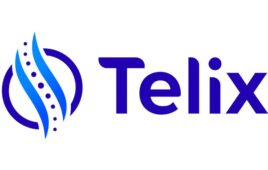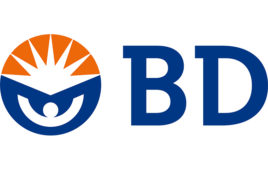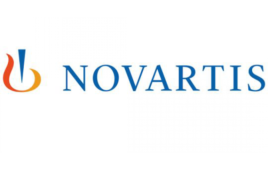MONTREAL — Valeant Pharmaceuticals International Inc. expects to grow in emerging and niche markets that aren’t being eyed by “big pharma,” chief executive officer Michael Pearson said Wednesday.
“We try to compete in arenas where we are not up against competitors much larger than ourselves,” Pearson said at Valeant’s first annual shareholder meeting since its headquarters was moved from the Toronto area to the Montreal area.
That strategy usually means avoiding China, India, Japan and Western Europe and buying companies with products already on the market, he said.
“We focus on growing niche markets that are not in the bull’s-eye of big pharma,” Pearson said via webcast from the company’s headquarters in Laval, Que.
Valeant will concentrate on areas expected to provide more sustainable growth such as non-prescription products, branded generic drugs, podiatry, ophthalmology in addition to dermatology, Pearson said.
He noted that Valeant has made 12 acquisitions so far this year.
It has acquired such companies as iNova, which sells and distributes a range of prescription and over-the-counter products in Australia, New Zealand, Southeast Asia and South Africa. It also acquired Dermik, a dermatological unit of Sanofi in the U.S. and Canada that manufactures, markets and sells a range of therapeutic and aesthetic dermatology products.
Last year, it bought Edmonton-based Afex Life Sciences, maker of the over-the-counter cold and flu remedy Cold-FX, which has been promoted by 2010 Olympic gold medal figure skater Joannie Rochette.
One of the company’s flagship dermatology products is CeraVe moisturizing cream.
Valeant is Canada’s largest publicly traded drug company. It announced in April that it would move its global headquarters to Quebec to focus on over-the-counter dermatology products. It’s also setting up a research and development centre for consumer dermatology in Laval, which is north of Montreal.
The company has had its head office in Mississauga, Ont., since the former Biovail Corp. merged with California-based Valeant.
Pearson said sales in emerging markets have grown to 32 per cent of the company’s total revenues from 21 per cent since 2010.
“Given the uncertainty facing the U.S. health-care system brought about by the unsustainable growth in health-care spending as a per cent of GDP in the United States we have been actively diverssifying our business towards the emerging markets where the promise of sustainable growth in health-care spending is much more realistic.”
Pearson also said that most of Valeant’s manufacturing is done by third-party companies and often buys companies that aren’t making money.




